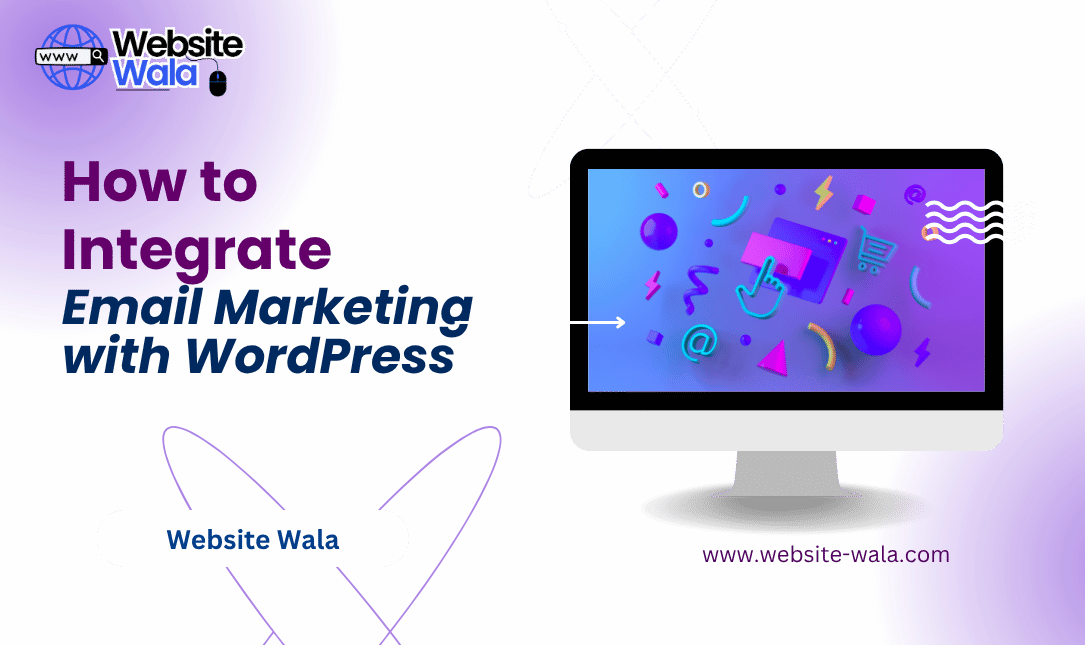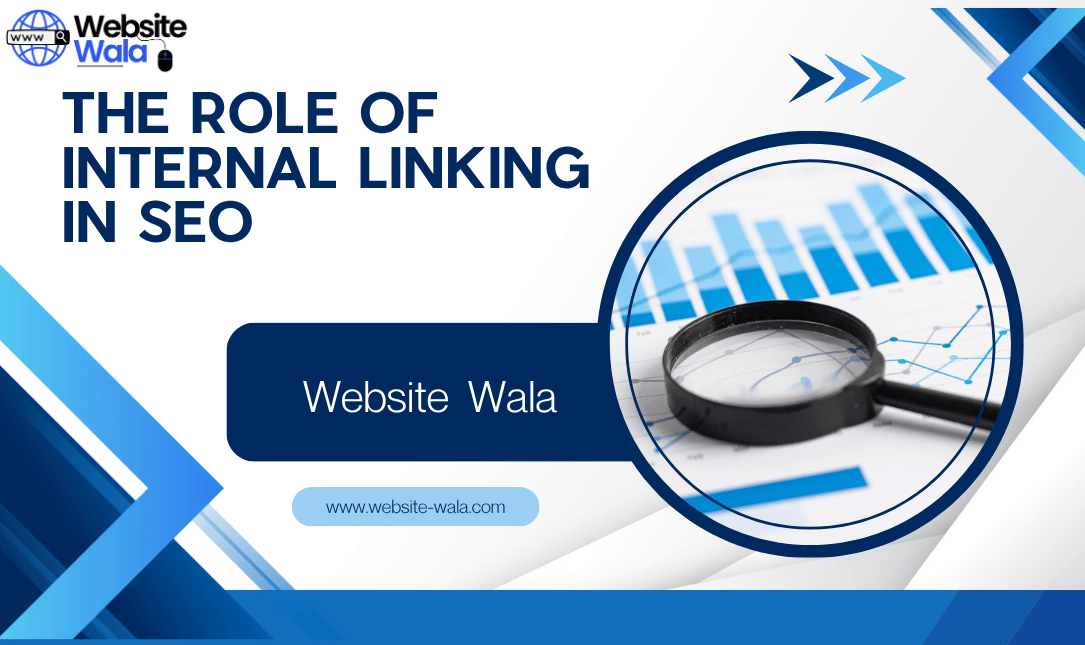
Learn How to Create an Effective Digital Marketing Budget with actionable budgeting tips to maximize marketing efforts and drive results.
Introduction
Creating a successful online presence requires more than just implementing marketing campaigns—it starts with smart financial planning. Many businesses struggle with How to Create an Effective Digital Marketing Budget that aligns with their goals, resources, and overall marketing strategies. Without proper planning, you risk overspending on campaigns that don’t drive results or missing opportunities that could maximize marketing efforts. In this guide, we’ll explore practical steps and budgeting tips to help businesses of all sizes achieve effective budget creation for digital marketing.
Understanding the Importance of a Digital Marketing Budget
Before diving into the numbers, it’s essential to understand why having a digital marketing budget is critical. A well-planned budget ensures that your marketing resources are allocated efficiently across campaigns such as SEO, social media, email marketing, and paid advertising. By setting a clear financial framework, businesses can make data-driven decisions, prioritize high-impact marketing strategies, and ultimately drive results without overspending.
Step 1: Define Your Marketing Goals
The first step in How to Create an Effective Digital Marketing Budget is to identify your business objectives. Are you aiming to increase brand awareness, generate leads, or boost sales? Understanding these goals helps you determine how much to allocate to different marketing channels. For instance, if your goal is lead generation, you might invest more in paid campaigns and email automation tools. Clear objectives also provide a benchmark to measure the return on investment (ROI) for each campaign.
Step 2: Analyze Past Performance
A key component of effective budget creation is evaluating historical data. Review past campaigns to understand which marketing strategies delivered the best results. Identify areas where spending was inefficient and opportunities to maximize marketing efforts. By analyzing past performance, you can avoid repeating mistakes and ensure that your digital marketing budget is aligned with tactics that actually drive results.
Step 3: Allocate Budget by Marketing Channel
Once you’ve set your goals and reviewed past performance, it’s time to allocate your budget. Common channels include:
-
Content Marketing: Blogs, videos, and infographics that attract and educate your audience.
-
Social Media Advertising: Platforms like Facebook, Instagram, and LinkedIn to reach targeted demographics.
-
Search Engine Optimization (SEO): Organic strategies to improve website ranking.
-
Paid Search Ads (PPC): Google Ads or Bing Ads to capture high-intent traffic.
-
Email Marketing: Personalized campaigns to nurture leads.
When distributing funds, consider both short-term ROI and long-term growth potential. Proper allocation ensures your business can maximize marketing efforts without overspending on low-performing campaigns.
Step 4: Set a Flexible Budget
Flexibility is a key principle in How to Create an Effective Digital Marketing Budget. Digital marketing trends evolve quickly, and new opportunities often arise unexpectedly. Allocate a portion of your budget for testing new strategies or scaling high-performing campaigns. A flexible budget allows your business to respond to market changes while maintaining control over overall spending.
Step 5: Incorporate Budgeting Tips for Efficiency
Efficient spending is vital for business budget planning. Here are some budgeting tips to consider:
-
Use Percentage-Based Allocation: Allocate a percentage of your overall revenue to digital marketing rather than a fixed amount to ensure sustainable growth.
-
Prioritize High-ROI Channels: Focus on strategies that historically deliver the best results.
-
Monitor and Adjust: Regularly review campaign performance and adjust spending based on data insights.
-
Consider Software and Tools: Use marketing analytics and automation tools to streamline processes and reduce costs.
Implementing these budgeting tips can significantly enhance your ability to drive results with a controlled digital marketing budget.
Step 6: Track Performance and Optimize
Tracking performance is essential in understanding the effectiveness of your digital marketing budget. Use key performance indicators (KPIs) like cost per lead, conversion rate, and customer acquisition cost to measure success. By continuously monitoring results, you can refine your budget allocations and maximize marketing efforts. Optimization ensures that your marketing strategies remain aligned with business objectives and that your investments are generating measurable impact.
Step 7: Align Budget with Overall Business Planning
Finally, effective budget creation requires integration with broader business budget planning. Your marketing budget should reflect company priorities and financial health. Collaborate with finance teams to ensure your digital marketing budget complements other business expenditures, such as operations and product development. Alignment ensures that marketing initiatives are sustainable and contribute meaningfully to overall business growth.
Common Mistakes to Avoid
When planning How to Create an Effective Digital Marketing Budget, avoid these common pitfalls:
-
Ignoring ROI: Failing to measure the return on investment for each channel can lead to wasted spending.
-
Over-Allocating to Paid Ads: While paid campaigns are effective, they shouldn’t consume the entire budget.
-
Neglecting Flexibility: Sticking to a rigid budget can prevent your business from seizing new opportunities.
-
Overlooking Data Analysis: Decisions without historical insights often lead to inefficient spending.
By avoiding these mistakes, businesses can ensure a more strategic and results-driven approach to digital marketing budget planning.
Conclusion
Mastering How to Create an Effective Digital Marketing Budget is a critical skill for any business aiming to thrive in the digital landscape. By defining clear goals, analyzing past performance, allocating funds strategically, and incorporating flexible budgeting tips, you can ensure that every dollar invested in marketing works to maximize marketing efforts and drive results. Remember, successful business budget planning is not just about numbers—it’s about making informed decisions that strengthen your marketing strategies and support long-term growth.























